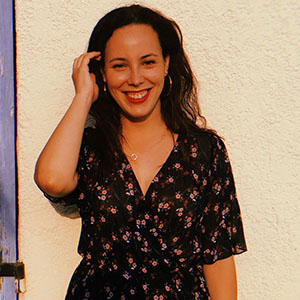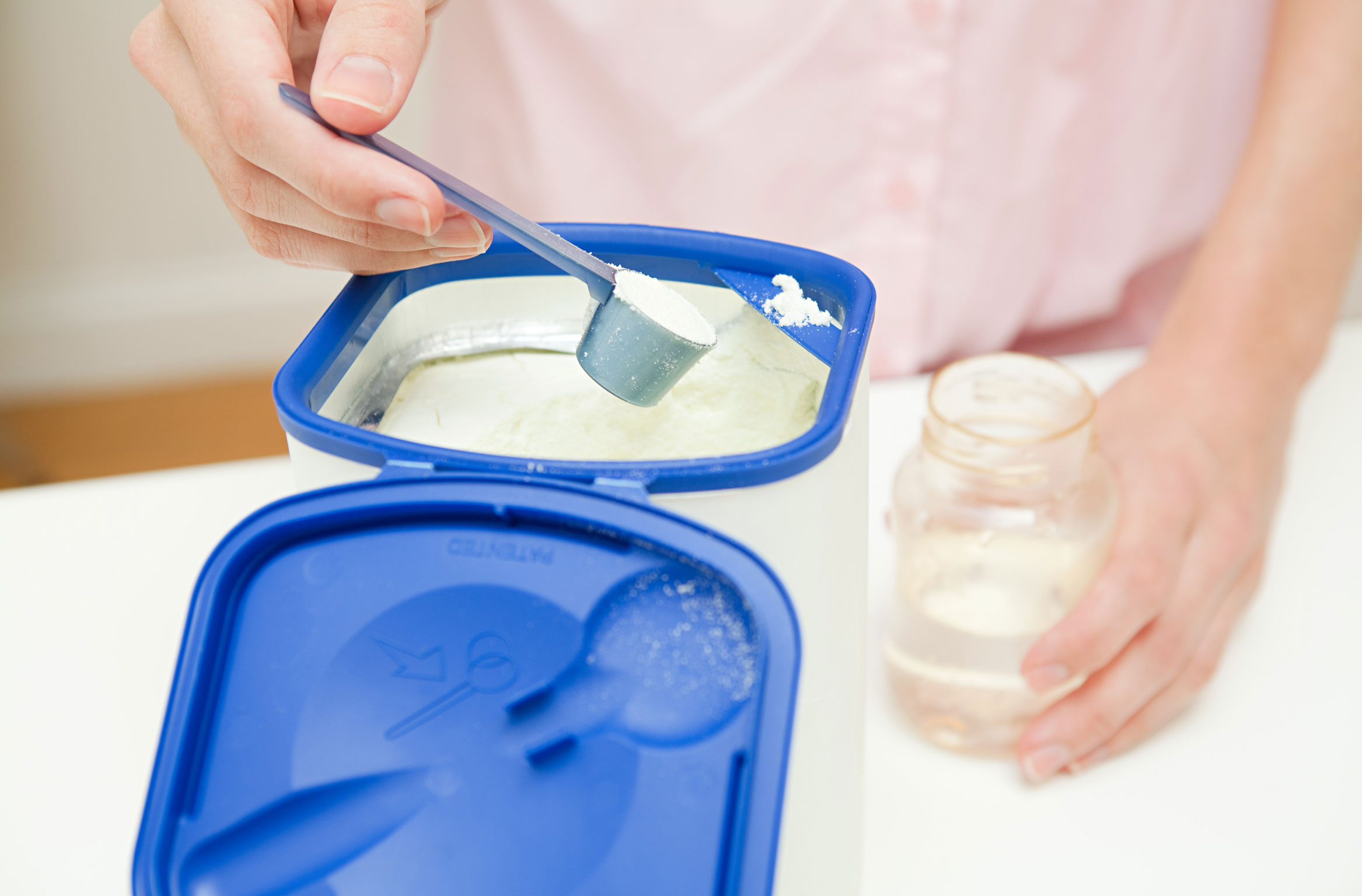The Great Formula Milk Scandal: Kate Quilton investigates the ‘concerning’ reality behind formula milk industry


Kate Quilton has investigated the formula milk industry in a new documentary – The Great Formula Milk Scandal: Channel 4 Dispatches – and revealed parents are being targeted to pay premium for expensive formula milk brands when there’s no scientific evidence to support some of their claims.
Making a choice between breastfeeding and bottle feed with formula milk is personal to every parent. But once you move on to formula, how do you pick which one is best for you child?
The Great Formula Milk Scandal: is the £40billion infant formula industry putting profit before babies?
In the new documentary, Kate investigated the claims being made by expensive formula brands to attract parents and discovered that they are unsubstantiated – which means there’s actually no difference between the cheapest milk on the market and the most expensive formula.
This is because the minimum requirements for the essential components in formula are set by official guidelines, so all formula milks have the same composition to begin with.

Shel Banks, an Infant Feeding specialist who advises the NHS on some of their guidelines has some advice for parents, said: ‘All we actually need in the first 12 months of life, according to our NHS, according to the World Health Organisation, is just these first stage infant milks. So these first infant milks - these are all nutritionally equivalent.
'There are very clear European Food Standards Agency guidelines on the maximum and the minimum levels of everything: the proteins, the fats, the carbohydrates. There's nothing to choose between them, to pick one over another in terms of nutrition at all.
‘These different ingredients that the different companies add in - they’re trying to get us to buy them. They’re trying to get us to pick theirs’ over somebody else’s. But the long and the short of it is: if there was a benefit that was actually proven by independent researchers to actually be beneficial for babies then they would all have to add it by law.’
GoodtoKnow Newsletter
Parenting advice, hot topics, best buys and family finance tips delivered straight to your inbox.
But as well as making claims for marketing purposes, companies are actually sometimes publishing wrong information against expert advice.
Dr Robert Boyle, specialist in paediatric allergy at Imperial College, London, who previously conducted scientific research on behalf of formula companies, describes concerning’ situation in the documentary.
He said: ‘I had a concerning experience, I guess. We had a trial which we were looking at whether an infant formula with some new additives in it might reduce risk of eczema and allergies. When we got the results of the trial, they were disappointing. So, the rate of eczema was exactly the same with a new formula as it was with the standard formula milk.
'What concerned me was that a year and a half later I noticed on the sponsors’ website the headline statement was that this formula milk was proven to reduce risk of eczema and allergies in infants and they were referencing the trial that we'd done. That didn't reflect the results of the trial in that way as was in our view totally misleading.
‘Unfortunately I don't think this is a one-off situation. Within the field, it's recognized that some of the things that formula companies say about their products in general have a very weak scientific basis.'

Speaking to GoodtoKnow about the astonishing findings, Kate said: ‘It’s completely astonishing that those first milks are completely nutritionally equivalent and yet we're paying such a huge premium. Some of them you can pay three or four times more than what you'd pay for the supermarket own brand.
'I think it's the fact that the biggest shocker is that the marketing claims are often unsubstantiated by any scientific evidence. Forget about the specialist milks, forget about the colics, milk for constipation, hungrier baby milk, and bedtime milk, all the ones that you'd pay a premium for. I mean some of these are very very expensive and there's simply isn't any evidence.
'For every new mum I meet I'll be pretty quick to tell them that all those first milks they're all nutritionally equivalent. Save yourself a few pounds and go for the cheapest ones.'
When does The Great Formula Milk Scandal: Channel 4 Dispatches air?
The Great Formula Milk Scandal: Channel 4 Dispatches air on Monday 18th March, at 8pm on Channel 4.

Mariana is a lifestyle writer who has written for Goodto.com and My Imperfect Life. She joined the Goodto.com team as an intern after completing her journalism MA at City University. After six months spent writing about food, celebrity news, and family trends, Mariana left to write for Healthy Food magazine - but returned in 2017, to join the Future team once again. In her spare time, you’ll find Mariana in the kitchen cooking for her friends.